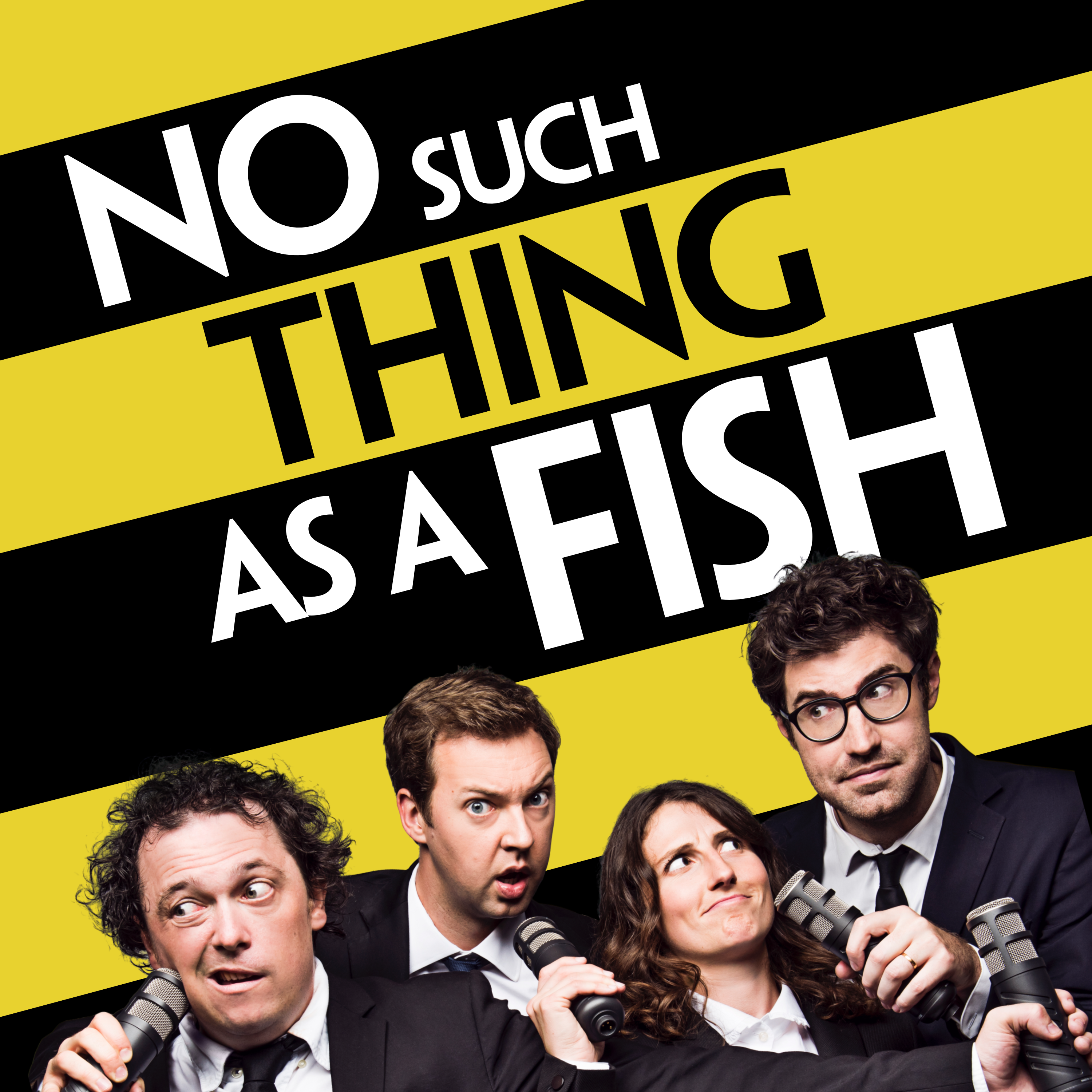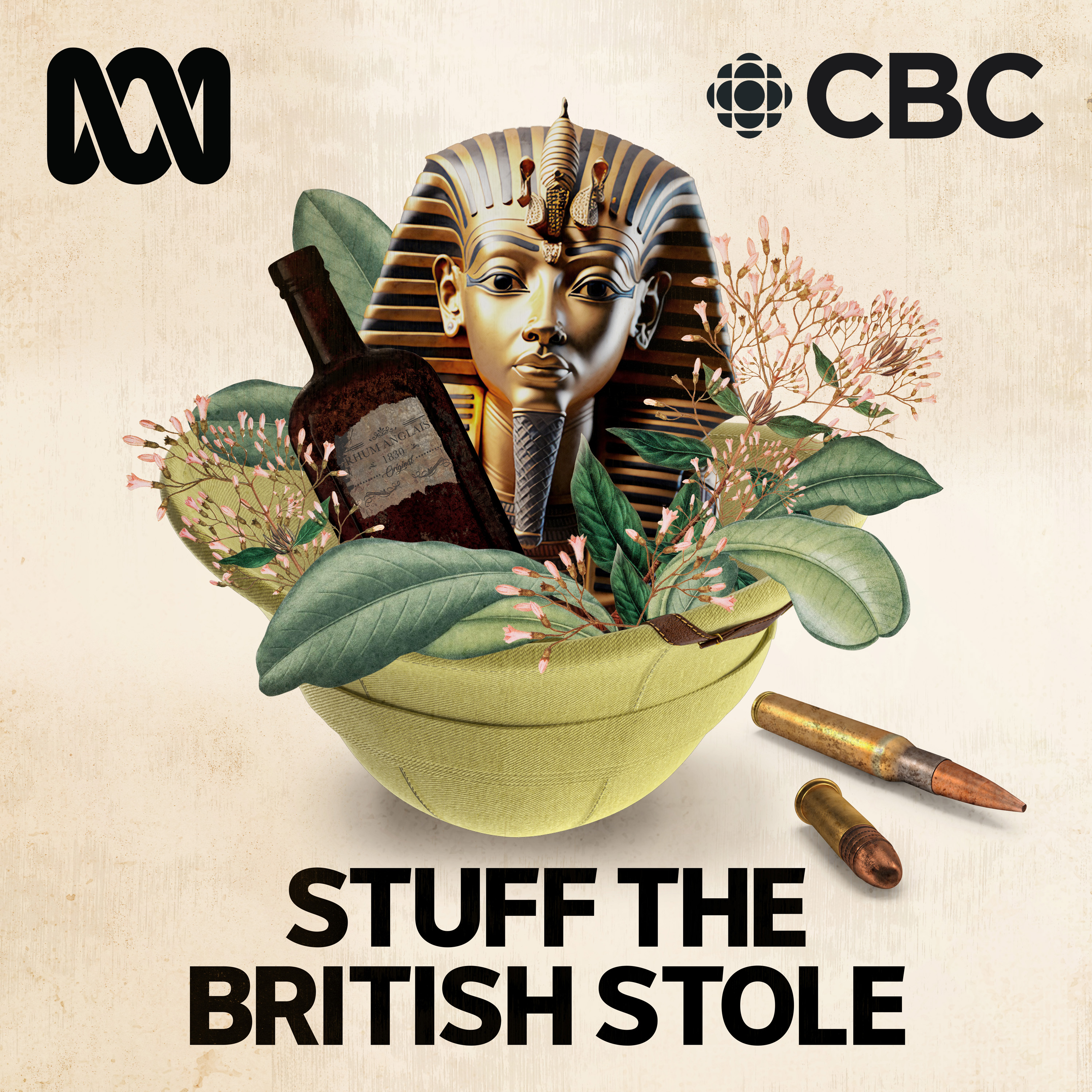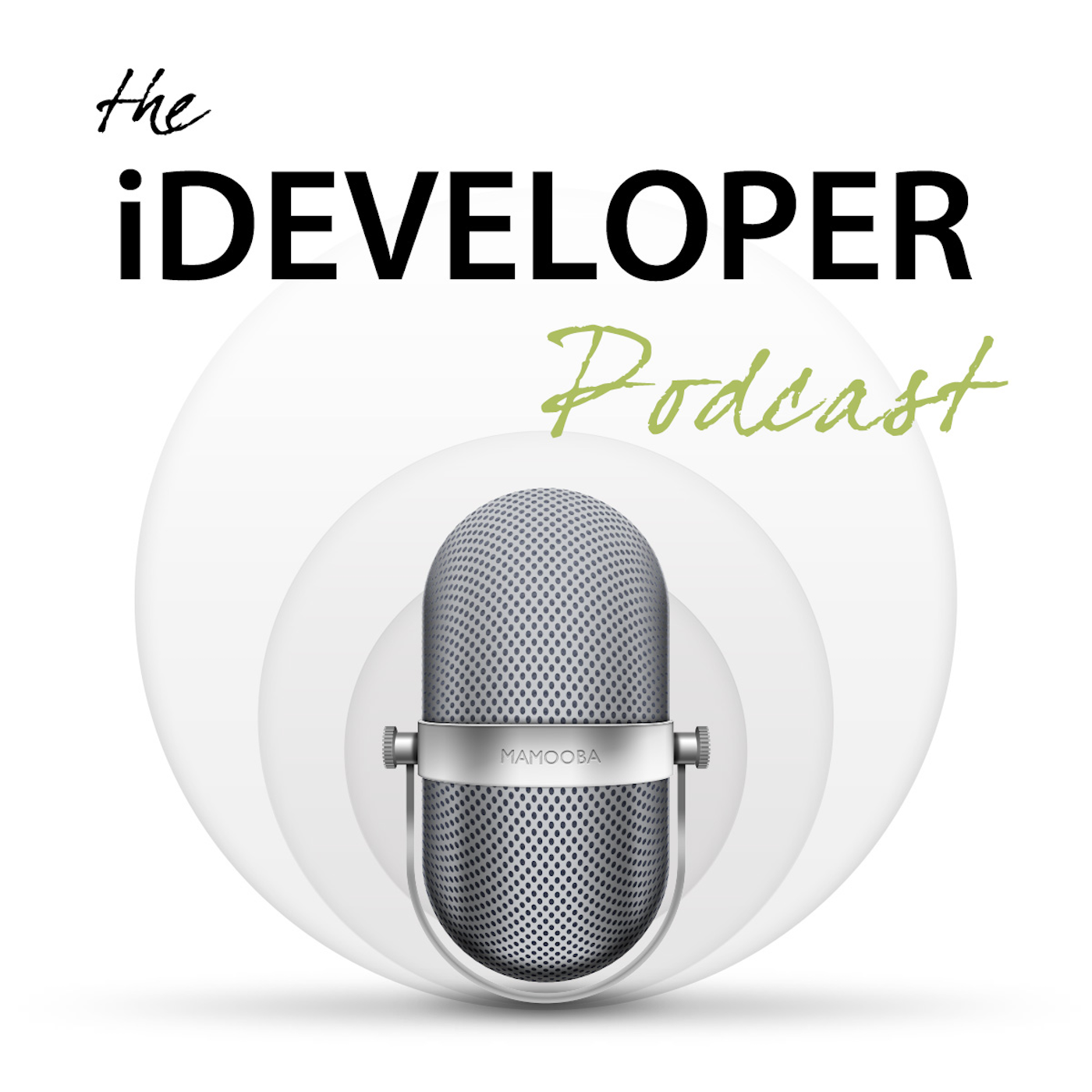
Piano, finally
Piano Finally is a podcast by an old bloke who is learning the piano, finally. I cover the process of learning the piano and music theory as an adult learner. I also review piano books, hardware and other materials from an adult learner's perspective.
Piano, finally
Episode 25 - Piano Legs
Episode 25 – Piano Legs
In this episode of "Piano, Finally", David Reidy returns after an unplanned three-week break with a deeply personal update. Following an unexpected hospital stay for surgery, David reflects on the incredible support he received from colleagues, family, and friends during his recovery. This leads him to explore the metaphor of "piano legs"—the essential support systems we all need to balance the challenges of life and learning a new skill.
David dives into two standout resources for piano learners. First, he reviews Bill Hilton’s YouTube channel, highlighting the video Master Chord Loops + Mini Progressions On Piano, which explains the "why" behind popular chord progressions. He also discusses Hilton’s Patreon content, which is perfect for adult learners wanting to strengthen their foundational skills. Next, David talks about Guy Michelmore’s Music Fundamentals course bundle, an accessible and evolving resource for understanding music theory, suitable for all skill levels.
David also updates listeners on his progress at the piano, including his work on Fritz Spindler’s Canon and Someone Like You by Adele. Despite the interruption to his practice routine, he shares how he’s regaining momentum with the help of his teacher and dedication to understanding the music’s structure.
Topics Covered:
- Personal reflections on balancing life and learning piano after a health challenge.
- Review of Bill Hilton’s YouTube tutorials and Patreon offerings for adult piano learners.
- A deep dive into Guy Michelmore’s Music Fundamentals course and its approach to music theory.
- Updates on practicing classical and modern pieces, including dynamics, transitions, and performance prep.
Join David as he blends personal insights, educational resources, and motivational advice for anyone passionate about learning the piano or overcoming life’s hurdles.
Contact: david@pianofinally.show
Website: www.pianofinally.show
Socials: Find the podcast on Facebook, Instagram, and YouTube.
You can contact me:
- via email at david@pianofinally.show; this is probably the best option
- the show website, www.pianofinally.show
- Instagram and Threads @pianofinally
- and on YouTube
- all the podcast directories - list
- here's the RSS feed
Some of the links to books and other items mentioned in the podcast may affiliate links for Amazon or other providers. If you use one of these links, a commission may be paid to me at no additional cost to you. Thank you if you use a link.
All reviews of products, websites and services are unpaid, and no sponsorship has been received for any content on this podcast.
David Reidy (00:00):
G'day everyone. I'm David Reidy. Welcome to Piano Finally podcast by an old bloke who's getting around to learning the piano. Finally, welcome to show 25. Thank you for taking the time to listen. If this is the first time you've heard the podcast, I hope you enjoy what's here. Let me know if you're learning the piano like I am or another musical instrument and let me know how you're going with it. You can contact me at David at piano. Finally show and if you're a returning listener, thanks very much for coming back coming. It's been three weeks since the last episode, so sorry for not being here, but it was unplanned. A few days after the last episode, I had a bit of abdominal pain, which got worse fairly quickly. I left work for the day to go to my doctor, but ended up going straight to the local hospital.
(01:02)
They shipped me off to the bigger hospital and a couple of days later they were operating on me to fix a constricted lower intestine. Luckily, all of this was done so quickly that there is no permanent damage and the doctors are expecting a full recovery. It did, however, mean an unexpected nine days in hospital, and you can probably hear the remnants in my voice. The breathing tubes always damage my throat. It's getting better too, but slowly doesn't hurt though. Once again, I was impressed by the quality of the healthcare system we have in Australia. I received really high quality care all at no cost. I didn't even have to pay for car parking. I'm still a bit sore. It took 32 staples to close me back up, but I'm on the mend and the podcast should be able to return to its regular schedule.
(01:55)
Bill Hilton is an English composer and teacher who has been producing material on YouTube since 2009. I subscribe to his YouTube channel and to his Patreon. Oh, just a point. If you're going to join anyone's Patreon accounts from now on, don't use the Patreon iOS app. Always go to the Patreon website to join all new subscriptions to Patreon. Made on the iOS app involve giving Apple 30% of the money, meaning less for the creator, supporting generally, I'm a supporter of Apple, but this new money grab just stinks. They take 30% and do absolutely nothing in return. Use the web to sign up and cut them out of the loop. I dunno if this is the same on Android, but use your web browser anyway just to be safe. Rant over Bill's channel covers everything from piano technique to music theory and composition. The academic level of the content is varied with materials suitable for those just starting out, especially in the performance videos up to more topics in music theory and composition.
(03:02)
The music theory might be a bit heavy if you have no experience, but if you've got a basic understanding, then the material is quite comprehensible. Bill's Patreon support offers access to his series of piano packs as well as his exercises, inventions and ideas. These combined text and video to look at exercises for the beginning and intermediate piano learner. The exercises, inventions and ideas in particular are aimed at adult learners and Bill says they can be used to strengthen key concepts. Another advantage of Patreon support is that you could have live lessons with Bill a few times a year depending upon the membership level. I'll pictures one of Bill's over 300 YouTube videos as an example of what you can find on his channel. Bill releases new videos roughly every month, and his most recent one is called Master Chord Loops and mini progressions on piano.
(03:56)
In the video Bill explains not just how to play chord progressions, but also why they work and why they're so popular. He looks back at some historical progressions and smaller progressions that crop up in popular music. The focus is on using these progressions in modern music and given that I'm currently looking at someone like you by Adele, knowing a bit more about how chords go together in the piece will help me play it whose coverage is comprehensive. By the end of the video, I had a much better understanding of how all this works and more importantly why all this works. I must admit that before properly studying music theory, I thought putting together a melody and accompaniment was good luck rather than good planning. So if you want some extra insight into how and why a lot of modern popular music sounds the way it does, I'd recommend watching Master Chord Loops and many progressions on the piano on Bill Hilton's YouTube channel Piano Legs.
(05:01)
I should probably start by explaining the title of this week's Writing Piano Legs. Whenever I think of an acoustic piano, I think of a grand piano before I think of an upright and a grand piano has legs unless it's one of those artistic models like some of the olis and what is the purpose of those legs is to support the piano of course, but it's not just the piano that needs support. The pianist does as well, and that's what this week's writing is about. So I suppose the title should be Pianist Legs, but that will look weird in podcast apps. Over the past two weeks, I've come to realise how much support it takes to learn the piano and handle so many other things that crop up in life. I'm normally fairly independent. I like to think that I can get by most of the time with minimal assistance unexpectedly.
(05:50)
Ending up in hospital meant that I needed to reach out and let's just say that the amount of support I got from others was humbling Works response. When I said that I thought I needed to go to the doctor was just go, we'll cover you. When it turned out that I would be off work for two weeks across the final exams and marking period, the response was similar. Just get better. We'll give other teachers time relief to pick up your tasks. I can't thank the executive at school enough for that support. Of course, although it was a school executive that approved all that, it was my science teacher colleagues who picked up the work, so who are the pianist legs? Who are the people that provide the support we all need to successfully navigate learning to play the piano and when we make progress, to whom is it that we owe?
(06:40)
Thanks. I suppose that if you start at the beginning, it's whoever introduced you to your first musical instrument since the invention of the gramophone and then radio music has pretty much been everywhere, even in households without musicians, there's music. The idea that you can make it rather than just listen to it needs an extra piece of information. Neither of my parents were musicians, but many of my friends' parents were, and I still remember Uncle Pat playing the mandolin and Mrs. Martin playing the oboe. My school didn't have much of a music programme, but my parents bought me a guitar, which I still have and paid for music lessons at the shop at the end of our street. Mr. Widows taught me chords and how to read music from the treble clef. Anything I'm doing in music is built upon that foundation, but who's providing the support today?
(07:35)
Evie, my piano teacher is a key support. She's encouraging, keeps things real and challenges me to think about music in new ways. Getting good at the piano is going to take me a while and keeping my interest up is an important part of getting closer to that goal. Those challenges are key. Then there's all the YouTube and podcast creators. There is a huge amount of content, but the subset that appeals to me, those creators who explain what they're doing and seem to have fun doing it, I've covered many of my favourite YouTubers in reviews for this show and I'll undoubtedly continue to talk about more. They're all quite different, but the one thing they all have in common is their need to share what they know and remain positive. Their enthusiasm is infectious, always me up and lets me know that what I'm aiming for is not out of reach. Finally, everyone who comments on the podcast lets me know they've listened to an episode or said something nice is the greatest support of all. So to everyone who has left a comment, send an email or just said something as they pass by. Thanks. I'm hoping to add one more group supporters, people who hear me play something and then perhaps clap at the end. That group doesn't exist yet, but the hope that one day they might exist is pretty good support too.
(09:05)
I've mentioned Guy Helmore's channel on YouTube in past shows and he popped up again recently as part of the Black Friday sales. Now, I know that sometimes the hours between lunch on Friday and going home time can feel long, but Black Friday now seems to stretch over a month. I still remember when it was one day and only in the United States. Anyway, it's become a tradition to discount all sorts of things, and one of those things I'd been looking at was a bundle of guy's courses In addition to his YouTube channel, guy runs Thinkspace Education, an organisation that offers master's degrees through the arts University of Bournemouth. Thinkspace also offers non-degree courses in music fundamentals, music compositions and technology. I bought the Music Fundamentals course bundle in the bundle. There are four separate courses, learn Music Theory, harmony One and two and How to Write Music.
(10:00)
I'm working through Learn Music Theory at the moment, learn Music Making Course has 10 chapters each consisting of videos with guy explaining things and sometimes a quiz. One thing that is a little different to courses I've done in the past is that the course is sometimes modified based on student feedback. In many cases, there's an initial video explaining a concept and then a follow-up video going over the same material in a different way to help people who didn't get it first go. I've seen three separate videos explaining the circle of fifths in response to students' questions. Videos range in length for a few minutes to about a quarter of an hour so you can work through the course. Inconvenient Chunks. I'm currently in chapter three of the course, and so far everything has been similar to the material I learned for the AMEB theory exams up to level two.
(10:52)
That's about to change the upcoming material looks at the same level as AMEB level three theory. It's been interesting to see Guy explain the material I already understand and I'm looking forward to moving on. Do you need to understand theory to play the piano? No piano, but do I always need to understand what I'm learning? So I really do need to be comfortable with the theory, so I'm enjoying the course. If you want a good understanding of music theory and you'd like guy's style from seeing his YouTube work, I can recommend the Music Fundamentals bundle from Thinkspace.
(11:31)
Well, that's it for this week. If you'd like to contact me, email is the best way you'll find me at David at piano. Finally show and the website@www.pianofinely.show. In both cases, piano finally is all one word. Let me know where you are in your piano journey. The show is also on Facebook and Instagram and is available as audio only on YouTube. You can subscribe via any of the popular iOS or Android podcast applications or from directories such as Apple Podcasts, Spotify, or Player fm. So until the next episode, I hope your piano stays in tune and you enjoy your time at The Keys.
(12:18)
Again, I'll include two pieces in this week's progress. The first is Fritz Spindler Cannon, which I've been working on more this week, but the enforced break in practising has meant that I've lost some of the improvement. I've been working on the dynamics and it's nearly at speed and I can play it reliably nine times out of 10. The second piece of the piano part of someone like You by Adele, the piece I'm getting ready for P performance. I've been working with Debbie to extend the amount of the piece and we've now got through all the chords and AEG shows. They're nowhere near speed yet, and although some of the transitions now work at a slower speed, most of them need a fair bit of work. The recording was made using the Kauai NV 10 as the keyboard and piano Tech eight running on the Mac Mini Piano Tech eight is set up with a new Seru Kauai SKEX and classical recording mode for the Canon and the U four upright in open mode for the Adele piece.
Podcasts we love
Check out these other fine podcasts recommended by us, not an algorithm.

Connected
Relay
Upgrade
Relay
No Such Thing As A Fish
No Such Thing As A Fish
We Can Be Weirdos
Global
Stuff The British Stole
ABC and CBC
The iDeveloper Podcast
Steve Scott (Scotty) & John FoxRaven On: A Pop Culture Podcast
Natalie Bochenski & Stuart Layt
Smart Enough to Know Better
Dan Beeston & Greg Wah
TopMusic Piano Podcast
Tim Topham
The Chopin Podcast
Garrick Ohlsson and Ben Laude



